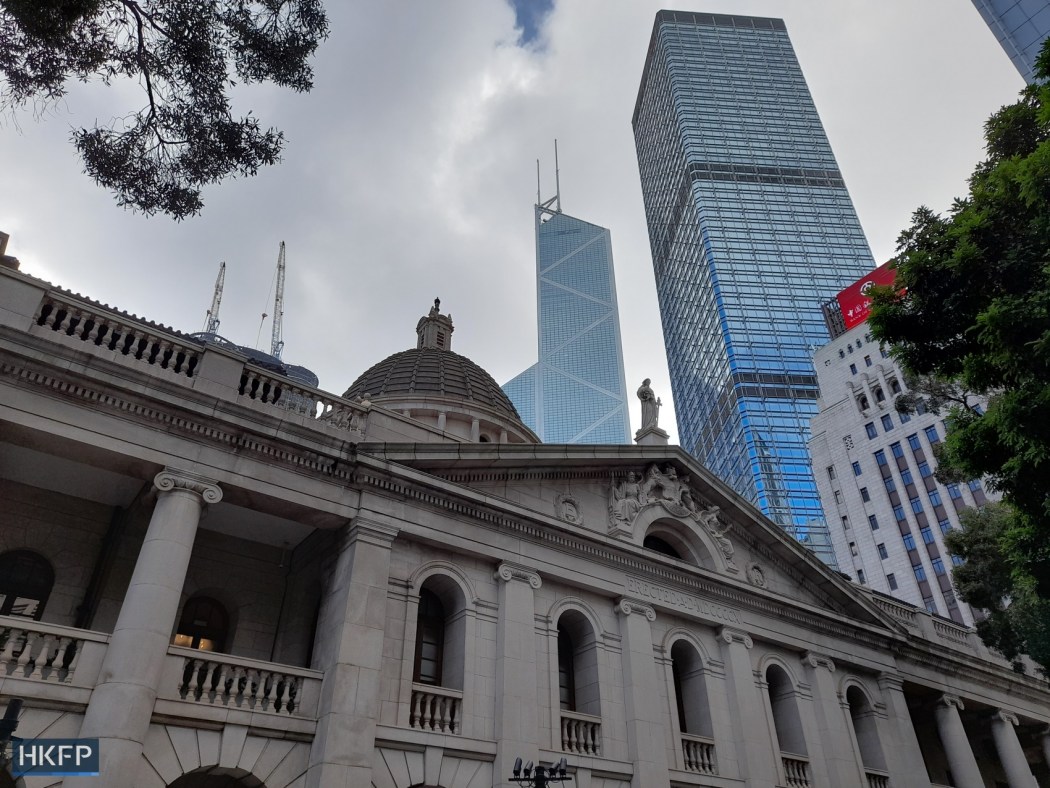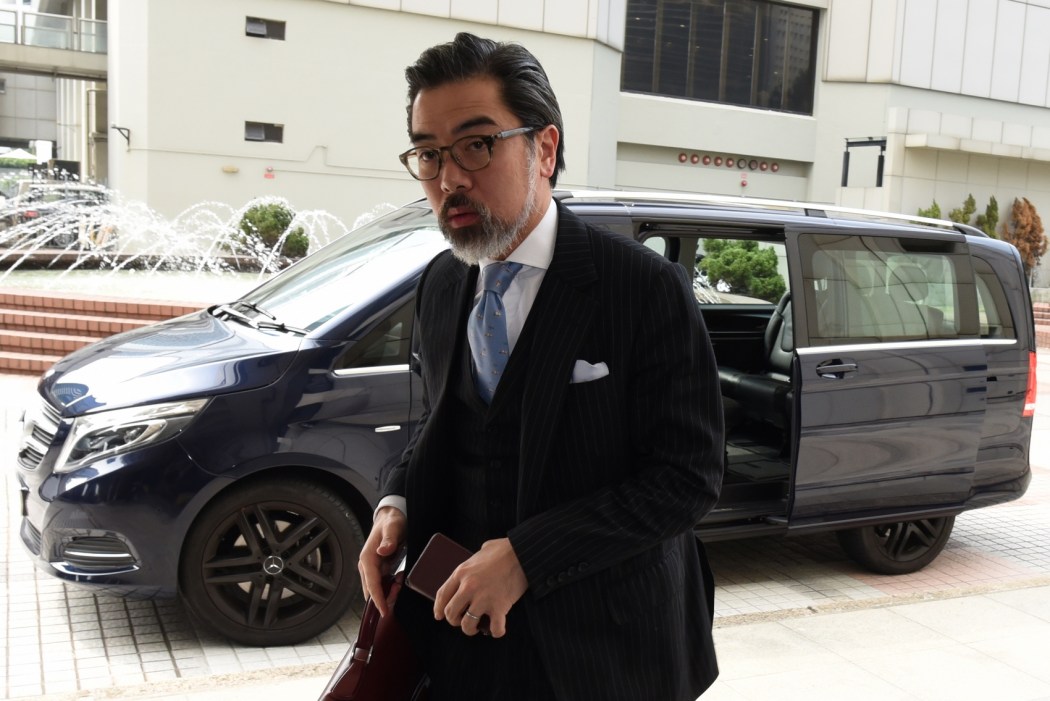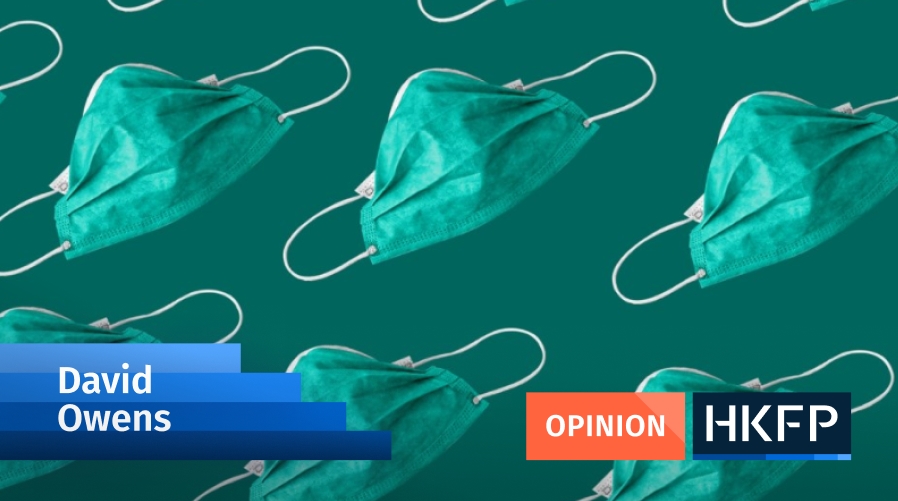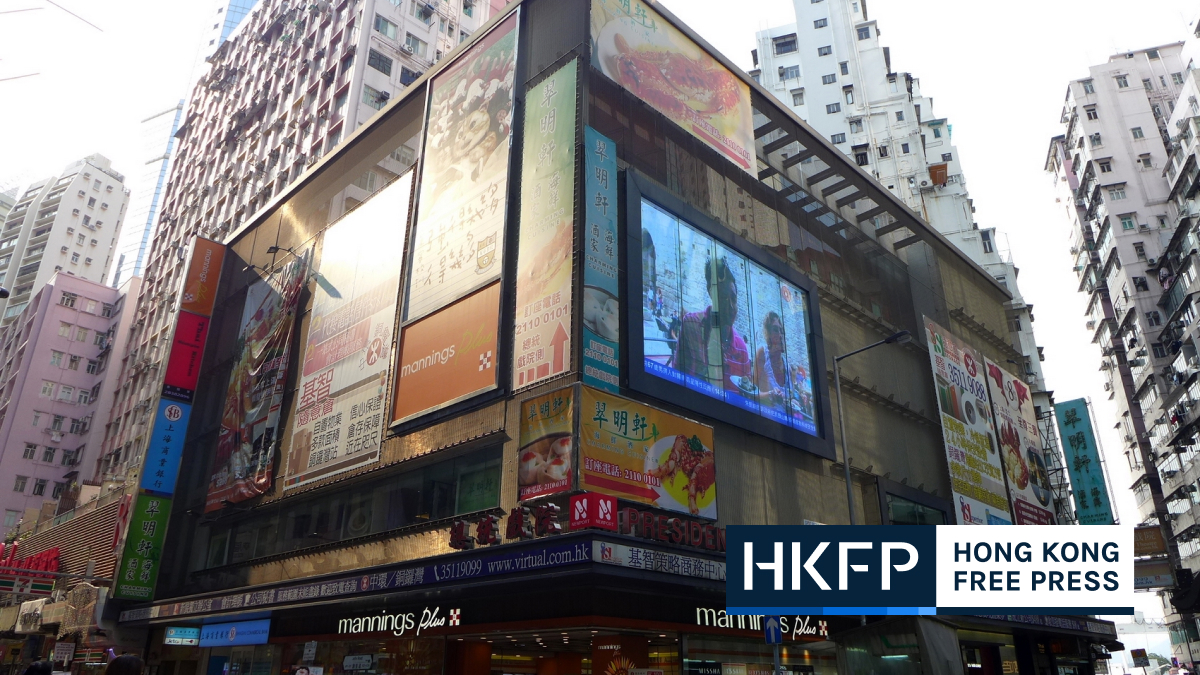Hong Kong’s top court has been asked by government lawyers to overturn a lower court ruling that quashed a photographer’s unlawful assembly conviction. They said the previous judge made an “error” by looking for proof of the defendant’s intent to encourage the illegal gathering in 2020 to continue.

37-year-old Choy Kin-yue was first found guilty by Magistrate Don So and sentenced to three months behind bars for taking part in an unlawful assembly on March 8, 2020. On that day, people had gathered to remember Alex Chow Tsz-lok, who fell to his death near a protest site on November 8, 2019. The court heard that Choy was not a professional journalist but had won a prize as a screenwriter.
In an appeal at the city’s High Court, Judge Albert Wong overturned Choy’s conviction after ruling that it could not be fully asserted that the photographer had the “necessary participatory intent” for committing the offence. However, Wong upheld the magistrate’s view that Choy’s conduct had been provocative.
Choy was said to have followed and filmed four co-defendants and others who were tailing a plainclothes police officer near Tai Po Mega Mall on the day of offence, and behaved in what the prosecution described as a “disorderly, intimidating, insulting and provocative” manner.
In July, the Court of Final Appeal permitted government lawyers to challenge the outcome of the most recent hearing, saying it was “reasonably arguable” that Wong had misapplied a previous judgement, leading to a “substantial and grave injustice.”
What makes ‘an innocent cameraman?’
Representing the prosecution, Ivan Cheung asked the panel of five judges at the city’s top court on Tuesday to restore the photographer’s original conviction and sentencing.
The prosecutor said Choy was found by both a magistrate and a lower court judge to have committed a “provocative” act, while he was “fully aware” of people in his surroundings who were chanting abuse and tailing a plainclothes officer.

According to the government lawyer, such findings were already sufficient to reach a conviction, and the High Court judge was wrong to seek further evidence over whether the photographer’s conduct had in fact assisted, facilitated or encouraged the ongoing unlawful assembly as well as the intent of achieving so.
Chief Justice Andrew Cheung, who sat among the five-judge-panel, then asked the prosecutor how he would distinguish the photographer in question “from an innocent camera man working for [the] media,” provided that the act of filming could be regarded as “objectively provocative in the views of other [members of the] public at the time.”
The government lawyer replied that the intent to provoke was not required to constitute an offence under the unlawful assembly legislation, but the court would have to evaluate the context in each case.
The chief justice then asked whether the law should find one guilty if the intent was innocent, but the actions were sufficiently provocative, along with an awareness of others breaching public order.
In response, the prosecution said that “if one has crossed the line, the law should intervene.”

Another member of the judge panel Roberto Ribeiro then said the court should look at the “participatory intent” in the scenario of a camera operator: “a man from TVB would not have intent to engage [in an unlawful assembly.]”
The prosecutor agreed, and said it would not be counted as an offence if a person did not intent to form part of an unlawful assembly.
‘Care and diligence’
Defence lawyer Edwin Choy told the panel of judges that the lower court ruling should stand, as the decision was made after analysing different strands of evidence “with care and diligence.”
However, Non-Permanent Judge Leonard Hoffmann said the High Court judge did not provide any hints on other possible inferences for the photographer’s intent when overturning the original conviction.
The counsel then said his client may have just wanted to record the scene, but Hoffmann said it would not be a plausible explanation as it would be “wildly improbable to have a collection of police officers getting harassed.”
The barrister replied that, at the time of the case, there had been “a lot of public attention… as to whether there was misconduct of police officers, and the misconduct of other people participating in unlawful assemblies.”
The panel of judges did not provide a date of the judgement and continued to grant the photographer bail when Tuesday’s hearing ended.
Support HKFP | Policies & Ethics | Error/typo? | Contact Us | Newsletter | Transparency & Annual Report | Apps
Help safeguard press freedom & keep HKFP free for all readers by supporting our team















